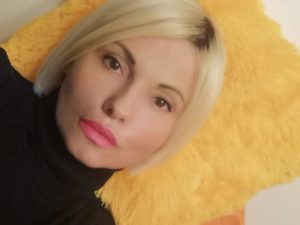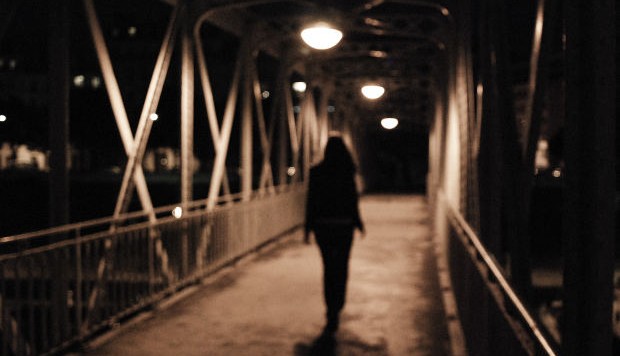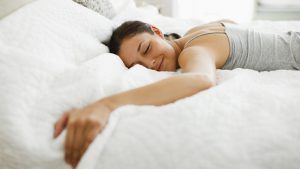
SLEEPING PROBLEM IN CHILDREN AND HOW TO DIAGNOSE
Recent studies show that nearly 30% of children have a sleep disorder at some point in their lives. How to diagnose it?

Brigita Kuhar
22.04.2019

Sleep disorders are a growing problem in today’s society and are considered a ‘global epidemic’ which may affect between one quarter and one third of today’s society.
Sleep disorders are related to the duration of your sleep, and the timing and quality of your sleep. These disorders may cause problems with your concentration and functioning during the day. You can also be highly strung, or drowsy, and tired throughout the day.
The Center (spelling good US but not EU and the UK) for Disease Control and Prevention (CDC) in the United States has declared insufficient sleep a
“public health problem.”
The World Health Organization’s sleep disorders statistics for each continent state as follows:
What are the causes of sleeping problems and disorders? Scientists tell us that our physical and emotional problems cause sleep problems and disorders.
Do you know there are over 96 different sleeping disorders diagnosed?
Most common types of sleep disorders are:

Many people consider their sleeping problem to be insomnia, but insomnia is a common sleeping disorder and not just a sleeping problem.
Insomnia, being the 2nd most common sleep disorder, involves problems getting to sleep or staying asleep.
Did you know that about 10 percent of all adults have a problem with insomnia?
Different factors can cause insomnia. They can be both medical or psychological conditions or can be caused by unhealthy sleep habits, certain biological factors, or use of particular substances

If you have sleep difficulties three nights a week for at least three months, your doctor will probably diagnose you with insomnia sleep disorder.
It can result in significant distress or problems at work, school, or other day-to-day functions.
Medical professionals distinguish 3 types of insomnia.
Unlike some other sleep disorders, insomnia is relatively easy to treat. If you suffer from it, we encourage you to so seek either medical or other types of treatment to improve your quality of life through improved sleep.

Recent studies show that nearly 30% of children have a sleep disorder at some point in their lives. How to diagnose it?

Enough sleep and regular physical exercise are essential for our health. Although everyone recognises this, it is not well known that the two activities influence each other.
In our latest blog we will explain how to get the most out of these two essential activities.

Do you know that a person spends 25 years sleeping?
Different sleep positions affect us in more ways than many of us are aware of! Find out how each sleep position affects our sleep and how you can improve your quality of sleep.
DIKA-MONT d.o.o.
Ul.A.Kačića Miočića 19
10 000 Zagreb
Croatia